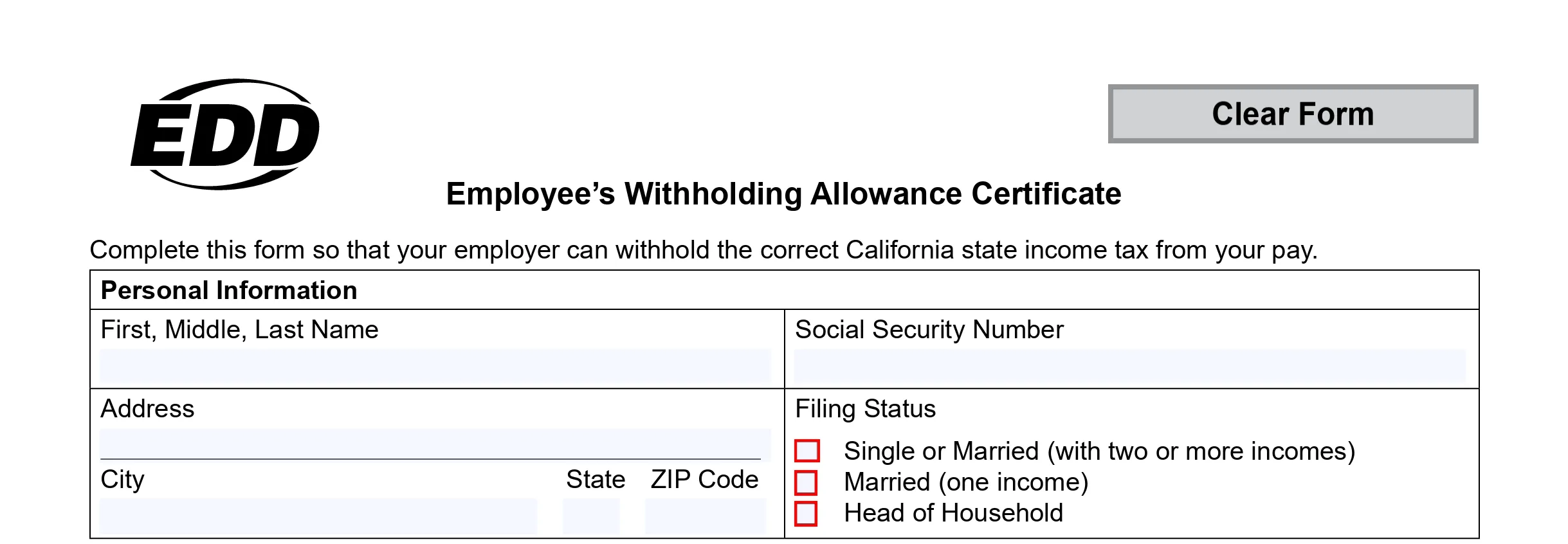Streamlining Your Law Practice: Essential Bookkeeping Tips for Lawyers

Bookkeeping is a critical aspect of managing a successful law practice. Not only does it ensure compliance with legal financial regulations, but it also provides clear insights into the financial health of your firm. Below, we explore essential bookkeeping tips tailored specifically for legal professionals.
1. Managing Client Trust Accounts
Client trust accounts are fundamental in law practice. It's crucial to keep these funds separate from the firm's finances. Regular audits and using dedicated accounting software can help maintain accuracy and transparency. Always adhere to state regulations regarding trust accounts to avoid legal repercussions.
2. Optimizing Expense Tracking
Accurate expense tracking is vital for managing cash flow and determining the profitability of your practice. Implement a robust system that categorizes expenses correctly and allows for easy retrieval of records. This simplifies the process during tax season and can help in claiming all allowable deductions.
3. Understanding Key Financial Metrics
Lawyers should focus on several financial metrics to gauge their firm’s health, including:
- Billable Hours: Track and analyze billable hours to ensure profitability.
- Operating Margin: Assess your firm’s efficiency by examining the ratio of operating income to net sales.
- Accounts Receivable Aging: Regularly review this to manage cash flow effectively.
4. Regular Financial Reviews
Schedule monthly financial reviews to assess the financial trajectory of your practice. This enables you to adjust strategies promptly, addressing any inefficiencies or capitalizing on potential growth areas.

5. Leveraging Technology
Invest in legal accounting software designed specifically for law practices. Features like time tracking, expense management, and financial reporting can automate many of the tedious aspects of bookkeeping.
6. Training and Compliance
Ensure that all staff involved in financial management are trained in legal-specific financial practices and compliance requirements. Regular training sessions can help mitigate risks associated with financial mismanagement.
Conclusion
Streamlining your bookkeeping processes is crucial for the success and compliance of your law practice. By implementing these tips, lawyers can ensure better financial oversight, leading to a more robust and profitable practice. Always consider consulting with a professional accountant or a financial advisor who is familiar with the legal industry to tailor these practices specifically to your firm’s needs.
By maintaining rigorous financial controls and continuously seeking efficiencies in your bookkeeping practices, your law firm can not only comply with regulations but also improve profitability and operational effectiveness.
Disclaimer: This blog is meant for informational purposes only and should not be considered as tax advice. Consult with a qualified tax professional or advisor for personalized guidance based on your specific situation.
Reach out to us today at [email protected], and let's work together to optimize your tax situation and financial well-being. Your journey towards a more tax-efficient future starts here.



